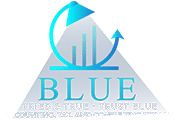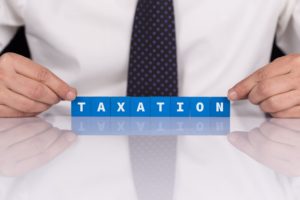Essential Tax Planning Strategies for Every Taxpayer
Essential Tax Planning Strategies for Every Taxpayer
If you’re like most people, tax season probably fills you with a sense of dread. But with a little preparation and knowledge of tax planning strategies, you can make this time of year a lot less stressful. By taking a proactive approach to your taxes, you can minimize your tax liability and even boost your savings. In this blog post, we’ll be discussing some essential tax planning strategies that every taxpayer should keep in mind.
Maximize your retirement contributions
One of the most effective tax planning strategies is to invest in your retirement accounts such as 401(k), IRA, or SEP IRA. Contributions to these accounts may help you reduce your taxable income and qualify for tax credits. Start by maxing out your contributions on your 401(k) to take advantage of the tax-free growth and potential employer’s match. The maximum contribution for a 401(k) in 2023 is $22,500, or $30,000 if you’re over the age of 50.
Keep track of your deductible expenses
Another key tax planning strategy is to keep detailed records of all your deductible expenses, including charitable donations, medical expenses, and home office expenses. While not all expenses may be deductible, proper documentation can help. Be sure to keep receipts, invoices, and other supporting documentation for everything you claim as a deduction.
Know your tax bracket and how to use it to your advantage
Understanding your tax bracket is a crucial factor in effective tax planning. Once you know your tax bracket, you can make decisions on what deductions to claim, what types of investments are best for your situation, and how to utilize the tax code to your advantage. You can also consider accelerating or deferring income to make the most of your tax savings.
Consider tax-advantaged investments
Investing in tax-advantaged accounts like municipal bonds, Health Savings Accounts (HSAs), and college savings plans can be a smart way to minimize your tax liability. HSAs, for example, offer triple tax benefits. Contributions to an HSA are tax-deductible, any interest earned on the account is tax-free, and withdrawals used for qualified medical expenses are tax-free. Talk to your financial advisor to figure out which tax-advantaged investments are right for you.
Seek professional advice
Finally, seeking professional advice from a tax advisor or financial planner can help ensure that you are making the most of your tax planning strategies. A good financial advisor can help you navigate the complex tax code, identify areas where you can save money, and take advantage of opportunities to minimize your tax liability.
With the right tax planning strategies in place, tax season doesn’t have to be stressful. By maximizing your retirement contributions, keeping track of your deductible expenses, knowing your tax bracket, considering tax-advantaged investments, and seeking professional advice, you can make the most of your tax savings and even boost your financial wellbeing. Take the time to plan ahead, stay organized, and be proactive with your taxes, and you’ll reap the rewards come April 15th.

